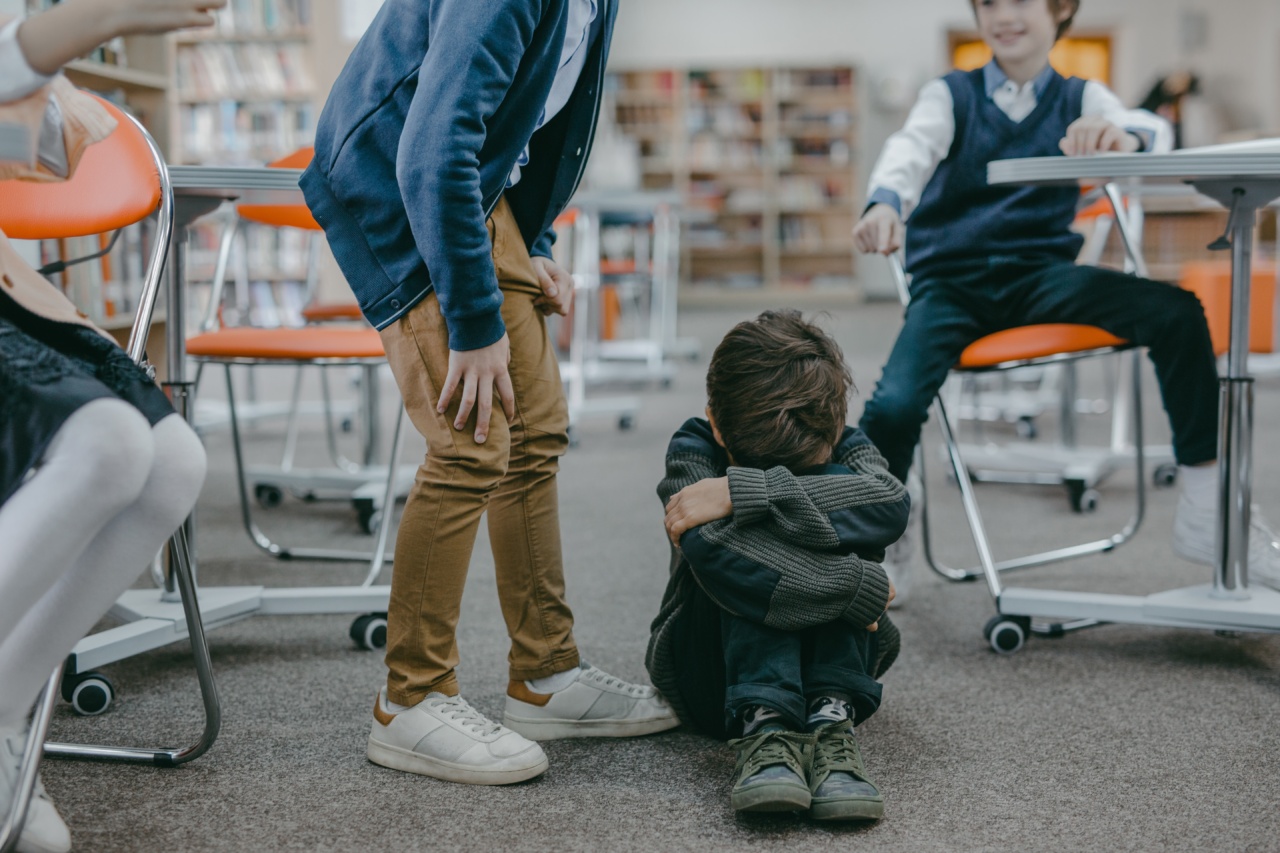The issue of bullying has always been a concern for parents, teachers, and students all around the world. While most people believe that only the weak and vulnerable can be bullied, research shows that popular children can also be victims of bullying.
Unfortunately, the negative effects of bullying on popular children are often overlooked, as they are perceived to be strong and resilient individuals.
What is bullying and why popular children may become targets?
Bullying is defined as repeated aggressive behavior that is intentional and involves an imbalance of power or strength. Such behavior can take many forms, such as physical, verbal, or social aggression.
It can happen in any situation, including in schools, on sports teams, or in other social settings.
While it is commonly believed that only unpopular or socially awkward children are bullied, this is not always the case. Sometimes popular children become targets of bullying because they are seen as a threat to the social hierarchy.
For instance, a popular student who excels academically might attract negative attention from their peers who feel intimidated by their success.
The damage that bullying can do to popular children
Bullying can have severe negative effects on popular children. Here are some of the ways in which bullying can impact their mental health and overall well-being:.
1. Low self-esteem
Bullied popular children may internalize negative messages and begin to feel a sense of inadequacy and worthlessness. They may struggle with low self-esteem, which can make it difficult for them to form healthy relationships with others.
2. Social isolation
Bullying can cause popular children to withdraw from social situations and isolate themselves from their peers. They may feel embarrassed or ashamed about being bullied and worry that their friends will reject or abandon them if they find out.
3. Depression and anxiety
The stress of being bullied can trigger depression and anxiety in popular children. They may experience chronic feelings of sadness, hopelessness, and fear.
Bullying can also cause them to struggle with sleep disturbances, mood swings, and changes in appetite.
4. Physical health problems
Bullying can also have negative physical health effects on popular children. They may experience headaches, stomachaches, and difficulty sleeping. They may also have a weakened immune system and be more susceptible to illnesses and infections.
What can be done to prevent bullying of popular children?
Preventing bullying of popular children requires the efforts of parents, teachers, and the wider community. Here are some strategies that can be implemented to prevent bullying in schools:.
1. Educating students about the negative effects of bullying
Students should be educated about the negative effects that bullying can have on popular children. This education can help them understand the importance of treating their peers with respect and dignity.
2. Encouraging a culture of inclusivity
Creating an inclusive school culture can help prevent bullying. Teachers and administrators can encourage students to be accepting of their differences and to celebrate diversity.
3. Providing support for victims of bullying
Victims of bullying, including popular children, should receive appropriate support to help them cope with the negative effects. Counseling and therapy can be particularly helpful in enabling them to recover and regain their sense of self-worth.
The bottom line
Popularity in school does not make one immune to bullying. In fact, popular children may become targets of bullying because they are seen as a threat to the social status quo.
The damaging effects of bullying on popular children are often overlooked, but they can have long-term negative effects on their mental and physical health. By educating students, promoting inclusivity, and providing support for victims, we can prevent bullying and create a safer, healthier school environment for all students.






























